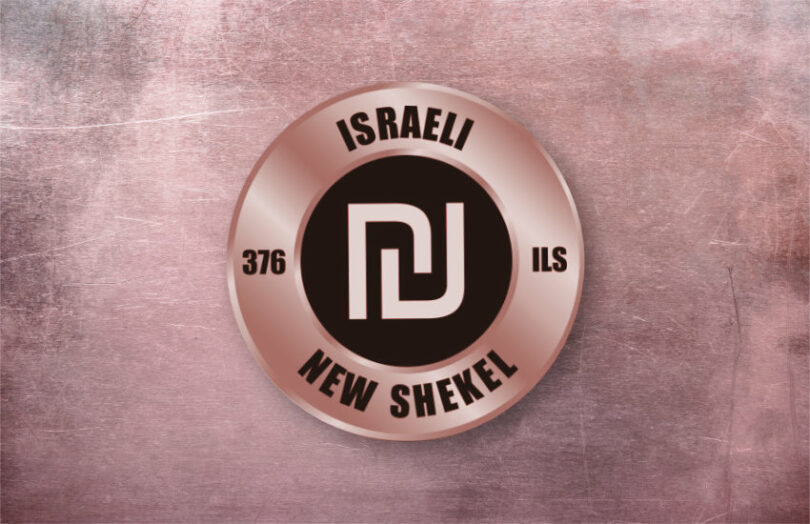In May the Bank of Israel unveiled the Digital Shekel Challenge, inviting participants to propose novel central bank digital currency (CBDC) applications through the use of application programming interfaces (APIs). It was inspired by a similar BIS and Bank of England initiative, Project Rosalind. Today it announced the selection of 14 teams. Given the deep technical skill base in Israel, it’s not surprising that around a dozen of the teams are Israeli.
We believe just two teams don’t have direct Israeli links. One is IDEMIA France, known for its offline CBDC functionality. The other is OxPay, although there are several companies that go by that name.
Apart from IDEMIA which has more than $3 billion in revenues, two of the larger participants are Fireblocks and PayPal (Israel). Technically Fireblocks is U.S. based but is Israeli founded. It’s best known for its custody technology and the Fireblocks Network and recently has been using that network to target payments. Fireblocks is also a partner of the Tel Aviv Stock Exchange (TASE) in the development of digital government bonds and digital assets.
One of the participants is a privacy focused layer 2 blockchain protocol, COTI.
The full participant list is:
- Bits of Gold
- Brinks Israel Ltd. + Committed Digital Ltd
- COTI
- Credics Technologies LTD
- Team Energy, led by Viacheslav Pozharskii
- Fireblocks
- Idemia France SAS
- Kima Finance
- Open Finance LTD
- 0xPay
- Paypal Israel LTD
- Qedit
- Shva
- Team Levana, led by Doron Asor
“I thank the teams that have agreed to provide their time, resources, and capabilities to actively cooperate with us in the thinking, planning, and design of the digital shekel,” said Andrew Abir, Deputy Governor at the Bank of Israel. “We have learned quite a lot from the process thus far in building the Challenge and in discussions with the teams that have shown interest.”
CBDC use cases
Meanwhile, the use cases range from connecting the CBDC to other payment systems to split payments, conditional payments and sub wallets. The participants will also explore implementing various technologies while using the digital shekel for payment.
Trials run for three months start in early August.






